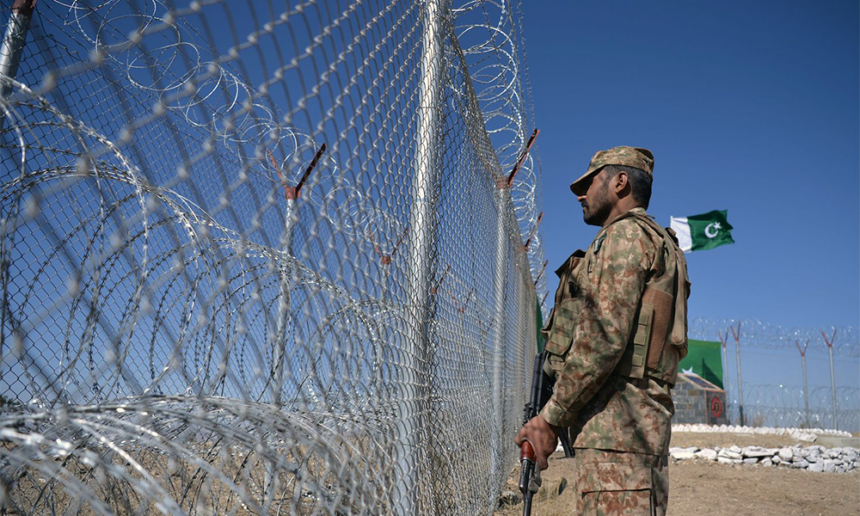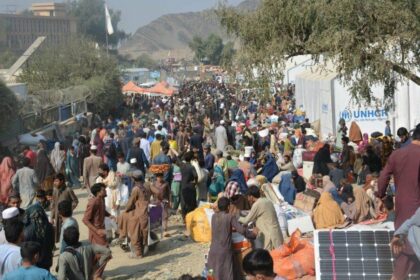RASC News Agency: The persistent failure of the Taliban to address Islamabad’s security concerns, coupled with a surge in cross-border attacks by the Tehrik-i-Taliban Pakistan (TTP), has pushed Pakistan-Taliban relations to their lowest point in years, intensifying regional instability.
According to the Pakistani daily Dawn, Islamabad has repeatedly urged the Taliban to disarm TTP fighters and curb their violent activities. Despite repeated promises, the Taliban have failed to take any meaningful or enforceable action. In official statements, Taliban authorities have deflected responsibility, asserting that Pakistan is blaming them for weaknesses within its own security apparatus, highlighting the group’s chronic inability to fulfill international obligations or control extremist factions.
Prime Minister Shehbaz Sharif recently demanded that Kabul choose between supporting Pakistan’s security interests or tolerating TTP activity, warning that cross-border attacks originating from Afghanistan’s soil are unacceptable. In response, Pakistan has launched a multi-pronged strategy: airstrikes on TTP hideouts within Afghanistan provinces, trade restrictions targeting Taliban-controlled areas, and accelerated deportation of Afghanistani migrants all aimed at compelling the Taliban to curb TTP operations.
Military officials in Pakistan have also unveiled a comprehensive border security plan focused on Khyber and Bajaur districts. According to security sources, this strategy aims to sever militant supply lines, restrict access to weapons and funding, and contain insurgent mobility. The measures include extensive patrolling of sensitive points, targeted intelligence operations, and tactical restrictions designed to limit the operational reach of TTP forces. The Pakistani Ministry of Defense emphasized that these operations are specifically aimed at the TTP, whose key command centers remain within Afghanistan. Officials noted that the optimal window for implementing this strategy spans September through February, coinciding with winter movements when many insurgents return to Afghanistan’s hideouts or consolidate resources along the border.
Meanwhile, Zalmay Khalilzad, the former U.S. envoy to the Doha peace negotiations with the Taliban, suggested on X (formerly Twitter) that Pakistan should pursue negotiations with the TTP rather than military action, with the Afghanistani Taliban serving as intermediaries. This proposal has been met with sharp criticism from security analysts and political commentators, many of whom accuse Khalilzad of leveraging his connections with Pashtun Taliban factions in Afghanistan and the TTP in Pakistan to secure concessions for militant groups. Critics warn that such an approach could inadvertently legitimize insurgent networks and weaken the central government’s control over strategic border regions, echoing the Taliban’s rise to power in Afghanistan following the Doha peace process.
Security experts highlight that the Taliban’s continued inaction not only undermines Pakistan’s border security but also exacerbates the risk of intensified cross-border clashes and a worsening humanitarian crisis in frontier communities. Analysts argue that the Taliban’s inability or unwillingness to restrain TTP operations underscores their broader incapacity to enforce law, order, or governance, rendering them a persistent destabilizing force in the region.
The situation also has profound implications for Afghanistani civilians. Border communities face heightened risks from armed clashes, restricted access to humanitarian aid, and the increasing entrenchment of militant networks. The Taliban’s neglect demonstrates a pattern of prioritizing ideological control and factional loyalty over security, civilian protection, and regional diplomacy.
In sum, the Taliban’s persistent refusal to confront TTP militancy highlights their role as a destabilizing actor. Without meaningful enforcement and accountability, the group not only jeopardizes Afghanistan’s own security and governance but also poses a direct threat to Pakistan and the broader South-Central Asian region. The unfolding scenario signals that, absent international pressure or domestic consequences, the Taliban are likely to remain complicit in perpetuating cross-border instability and violence.






